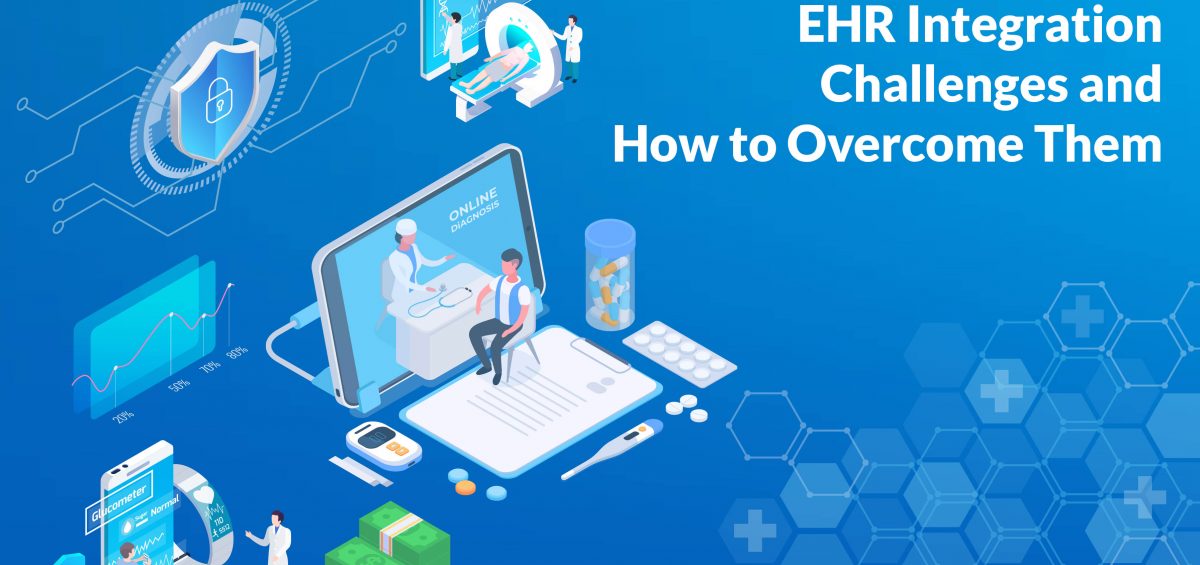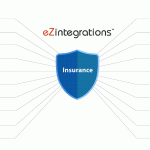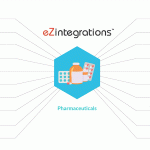EHR Integration Challenges and How to Solve Them
In the ever-evolving healthcare landscape Electronic Health Records (EHRs)have become the backbone of patient care, making it crucial for healthcare providers to have seamless access to patient data across different systems. EHR integration plays a vital role in achieving this connectivity, as it enables various healthcare applications and systems to share critical patient information. However, with the many advantages of EHR integration come significant challenges that healthcare providers must address to ensure the effective implementation of integrated EHR systems.
Challenges in EHR Integration:
Data Interoperability:
One of the most significant challenges in EHR integration is achieving data interoperability. EHR systems often use different standards for data representation, which makes it difficult to exchange information seamlessly. For example, consider a patient receiving care from multiple providers. Each provider may use a different EHR system with unique data formatting. Integrating these systems to ensure all providers have access to the same patient data can be a significant hurdle.
Real-World Example: Imagine a patient who had a lab test at a diagnostic center. The lab uses one EHR system, while the patient’s primary care physician uses another. Bridging the gap between these two systems to provide the test results to the physician in a usable format can be a real headache.
Security and Privacy Concerns:
Healthcare data is highly sensitive, and EHR integration must prioritize data security and privacy. Protecting patient information from unauthorized access and breaches is paramount. Balancing the need for data sharing with stringent security measures poses a unique challenge in EHR integration.
Real-World Example: A hospital’s EHR system suffered a security breach, leading to the exposure of patients’ medical records. This breach raised concerns about the safety of integrated systems and the importance of robust security protocols.
Financial Constraints:
Implementing EHR integration can be costly. Smaller healthcare providers and facilities may find it challenging to invest in the necessary technology and infrastructure. EHR integration solutions that are cost-effective without compromising quality are highly sought after.
Real-World Example: A small community clinic wants to integrate its EHR system with a larger hospital’s network to ensure a seamless flow of patient data. The financial limitations of the clinic make it difficult to adopt an integration solution without breaking the bank.
Data Migration and Standardization:
Migrating data from legacy systems to new EHR platforms is often complicated due to differences in data formats and the lack of uniform standards. This process requires significant effort and careful planning to avoid data loss and ensure the preservation of historical patient data.
Real-World Example: A healthcare system decides to upgrade its EHR system, which necessitates the migration of historical patient records. The absence of standardized data elements in the legacy system results in data inconsistencies during the migration process.
Workflow Disruption:
Implementing EHR integration can disrupt established healthcare workflows. Healthcare providers must adapt to new processes and technologies, which can lead to resistance and challenges in the adoption of integrated systems.
Real-World Example: A hospital decides to integrate its EHR system with a telemedicine platform. However, many physicians are hesitant to use the new technology, as it changes the way they conduct virtual patient visits and manage records.
Solutions to EHR Integration Challenges:
Standardization:
Standardizing data formats and elements is essential for interoperability. The adoption of health data standards like HL7 (Health Level 7) and FHIR (Fast Healthcare Interoperability Resources) can significantly improve data sharing between systems.
Robust Security Protocols:
Healthcare providers must invest in robust security measures, including data encryption, multi-factor authentication, and access controls, to protect patient information. Staying updated on security best practices and compliance with regulations like HIPAA is crucial.
Selecting the Right EHR Integration Solution:
Choosing the right EHR integration solution is key to addressing financial constraints. Solutions like eZintegrations offer affordable options that cater to the needs of healthcare providers, no matter their size.
Data Migration Strategies:
Implementing robust data migration strategies ensures a smooth transition when upgrading EHR systems. Mapping data elements from legacy systems to new ones and verifying data integrity are essential steps.
Comprehensive Training and Change Management:
To overcome workflow disruptions, healthcare providers should invest in comprehensive training programs to familiarize staff with new EHR systems. A well-planned change management strategy can help ease the transition.
eZintegrations: A Solution for EHR Integration:
eZintegrations understands the unique challenges faced by healthcare providers in EHR integration. As a robust and cost-effective EHR integration platform, eZintegrations streamlines the complex process of connecting disparate systems and facilitates interoperability.
eZintegrations simplifies data transport and transformation, allowing healthcare providers to manage data with ease, without the need for extensive coding or complex technical expertise. Whether it’s data cleaning, data wrangling, or data orchestration, eZintegrations empowers healthcare providers to achieve seamless EHR integration.
The solution ensures that sensitive patient data is protected through rigorous security protocols and compliance with healthcare data regulations like HIPAA and GDPR. Plus, it offers an extensive API marketplace, simplifying the integration process by providing access to pre-vetted APIs from leading vendors worldwide.
In the ever-evolving landscape of healthcare, EHR integration remains a top priority. The challenges may be substantial, but with the right solution like eZintegrations, healthcare providers can overcome these obstacles and harness the power of integrated EHR systems for improved patient care and operational efficiency.






